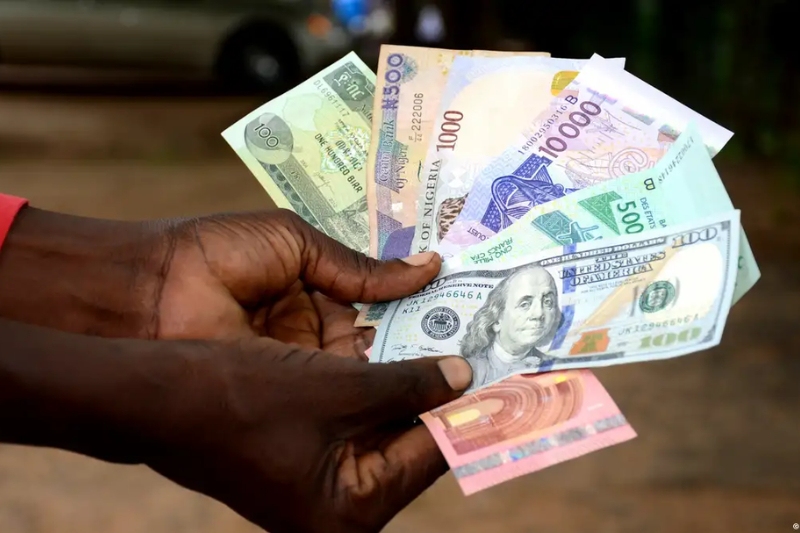The possibility of establishing a common currency among neighboring countries often sparks debates and discussions about the potential benefits and challenges involved. In the case of Mali, Burkina Faso, and Niger, three West African nations with close economic ties, the question arises: Is a common currency credible? This article delves into the factors that determine the credibility of a common currency and explores the potential implications for these countries.
Economic Integration and Stability:
One of the primary factors to consider when assessing the credibility of a common currency is the level of economic integration among the participating nations. Mali, Burkina Faso, and Niger share strong trade relationships, and their economies exhibit similarities in terms of market structures and production patterns. This economic integration can serve as a foundation for a common currency, promoting stability and reducing transaction costs.
Monetary Policy Coordination:
Effective coordination of monetary policies is crucial for the success of a common currency. The participating countries should have mechanisms in place to align their monetary policies, including interest rates, exchange rate management, and inflation targets. This coordination ensures that the common currency remains stable and adapted to the economic realities of all three nations.
Fiscal Discipline and Convergence Criteria:
To establish a credible common currency, fiscal discipline is essential. The participating countries must adhere to strict fiscal policies, including maintaining low budget deficits and sustainable public debt levels. Additionally, convergence criteria, such as inflation rates, government debt-to-GDP ratios, and exchange rate stability, must be met to ensure the long-term viability of the common currency.
Keep Reading
Political Will and Commitment:
The successful implementation of a common currency requires strong political will and commitment from all participating nations. Political stability and a shared commitment to the common goal are crucial for overcoming challenges and effectively implementing the necessary reforms and policies.
Potential Benefits and Challenges:
A common currency offers several potential benefits, including increased regional trade, enhanced economic cooperation, and simplified cross-border transactions. It can also promote price stability and reduce exchange rate volatility. However, challenges such as differing economic structures, asymmetric shocks, and the need for institutional frameworks to manage the common currency may arise.
Establishing a common currency among Mali, Burkina Faso, and Niger is a complex undertaking that requires careful consideration of various factors. While economic integration and shared aspirations can provide a strong foundation, ensuring credible implementation necessitates close coordination of monetary policies, fiscal discipline, and political commitment. By evaluating these key factors, policymakers can make informed decisions regarding the credibility and feasibility of a common currency, ultimately shaping the economic future of these nations.

